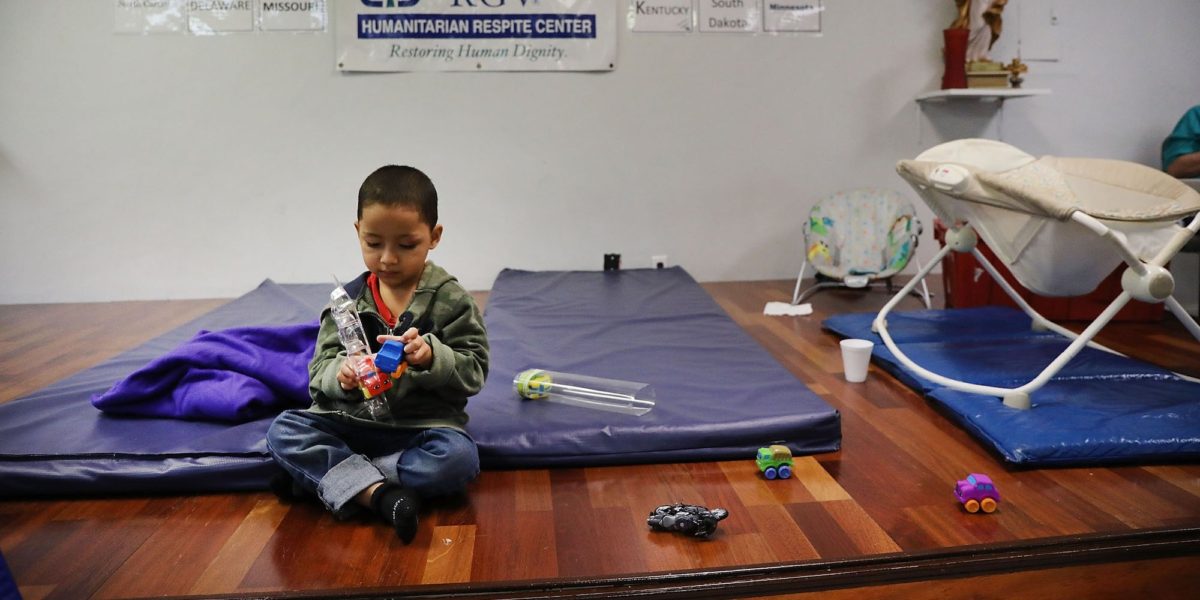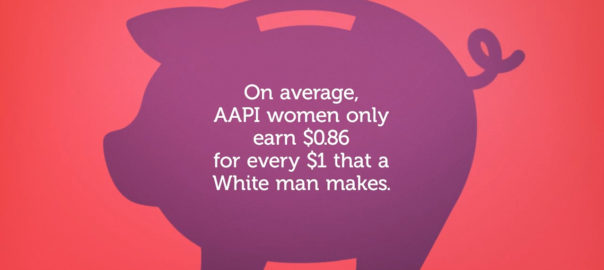
Spoiler alert: I’m going to be talking about the events of Walking Dead up until Season 3, Episode 10. If you haven’t watched yet and don’t want the plot spoiled, don’t read on.
Hours after his reunion with long-lost brother Merle, Daryl has chosen his brother over his new family of survivors. After escaping from Woodbury with a banished Merle, Rick and Glenn are unwilling to bring him back to the prison; Daryl decides to strike out into the woods with his brother rather than abandon him to the wilderness. Blood, after all, is thicker than water, right?
But, it turns out, that after a year on the road with Rick and the gang, Daryl now shares less in common with his brother Merle than he thought. Upon hearing a baby’s cry in the woods, Daryl rushes to the aid of a Spanish-speaking (presumably Mexican) family about to be overrun by walkers. A flurry of crossbow bolts (as well as the best and most gruesome walker kill of the season thus far) later, and the family is safe although unable to communicate their confusion and gratitude to Daryl. Merle, who reluctantly jumped into the fray with his brother, immediately begins to raid the family’s car for food and supplies (as a “reward”), causing Daryl to threaten him with his crossbow so that the family can leave with their belongings intact.

It is this incident that helps Daryl realize a few things: 1) he is not his brother, and 2) he is innately a hero. A confrontation erupts between Daryl and Merle, and Daryl decides he must return to the prison. Merle, he hopes, will join him (after all, if Rick and company are his family, than they will have to learn to accept Merle, too), but he’s willing to leave Merle in the forest if needs be. Merle protests, arguing that there’s no way in hell that the survivors will accept him — they chopped of his hand, he fought against them as part of the Woodbury militia, he tried to kill Michonne, and he tried to kill “that Chinese kid”.
Which prompts Daryl to retort: “He’s Korean.”
The single exchange symbolized, in my mind, the spectacular characterization of Glenn in The Walking Dead and what his character has done to combat Asian American stereotypes in mainstream media. Glenn is a new class of Asian American character, one that I’m not sure we’ve seen on-screen before.
Unlike previous Asian American characters, Glenn is at once Asian American and incidentally Asian American. Conspicuous among other Asian American characters, Glenn’s racial background does not define or justify his presence. He’s not the computer whiz, the scientist, the intellectual, the geek, the doctor, the technician, or a host of other stereotypical roles typically relegated to the Asian token. Although it is implied that Glenn’s parents were strict, Glenn himself was a pizza boy prior to the zombie apocalypse and assumes the role of forager and fighter — not “medic” or “ninja”, two roles that might be stereotypically Asian yet fulfilled by other members of the group. In short, there’s almost nothing inherently stereotypical about Glenn and his presence in The Walking Dead.
More importantly, Glenn’s thematic role in the group of survivors is striking. Glenn has repeatedly been described by many, including by the show’s executive producer Glen Mazzara, as “the heart of the show”. The Walking Dead is a show about losing one’s sanity in the face of insanity, and to tell that story, we witness many of the characters — Rick, Shane, Michonne, Andrea, Merle, and the Governor to name just a few — descend into madness and barbarism as they slowly lose touch with their own humanity. But, Glenn is unique in this respect: he is intended to inspire the reader because unlike his fellow survivors, he has a strong connection with his own humanity and personal morality. Glenn’s attitude remains among the most recognizably pre-apocalyptic despite his post-apocalyptic zombie-killing environment. Glenn’s innocence and optimism — even in the face of grisly violence — is feel-good and inspiring, and the budding love he feels for Maggie suggests that happiness is still possible even during the apocalypse.
In short, while we as viewers are supposed to be compelled by Rick and his struggles with his personal demons, to root for Michonne and her samurai sword badassery, to be inspired by Daryl and his story of redemption, and to deplore the Governor and his growing sociopathy, we are supposed to identify with Glenn. Says Mazzara:
“Everybody loves that character; everybody’s rooting for that character. He may be tortured and sensitive, but he’s always a hero.”
Think about that for a minute. The Walking Dead is a TV show where the viewer is supposed to feel the closest kinship with Glenn, an Asian-American pizza boy in love with a southern belle.

In a genre that has long cast the Asian American as the villain, the foreigner, and the Other, Glenn stands in stark contrast. He is Asian-American, but his race does not define his membership in the cast. Glenn is an Asian American character, but he’s also an individual — capable of incredible heroism (like when he faced down a walker while tied to a chair, and emerged the victor) and profound emotional ugliness (like the rage he felt that Maggie, but not he, participated in the preliminary assault on Woodbury). He is a leader in the survivor group, assuming the role in Rick and Daryl’s absence, and his romantic relationship with Maggie is a thumbed nose to the stereotype of the desexualized Asian American male.
Television has historically treated its racial minorities much as Merle treats the non-White members of the survivor group: with disdain, irreverence and occasional downright racism. Merle is as dismissive as he is contemptuous of the group of “beaners” that he and Daryl saved in last night’s episode. Striking, then, that Daryl — who in Season 1 was little more than a younger clone of the racist backwater Merle — has spent the last eight months living and fighting alongside Glenn and the other survivors. He has come to see the humanity in Glenn, whom he referred to in Season 1 as “a Chinaman”.

How far Daryl has come. At the moment of his climatic confrontation with his brother, he chooses to express his rebellion with the simple truth about Glenn: “He’s Korean.” Implicitly: He’s not “that Chinese kid”. He’s not what you assume he is based on the way he looks. It’s important to me that you know that he’s Korean, and it’s important to me that you know that he’s not just Korean.
We’re living during a time when Asian American characters seem more prominent than ever on television today: Lucy Liu as Watson on Elementary, Mindy Kaling on The Mindy Project, Jenna Ushkowitz and Harry Shum Jr on Glee, the bevy of Asian American actors and guest roles on Hawaii Five-O. Yet, while each character is remarkable and stereotype-defying in his or her own way, all remain explicitly racialized characters that fail to stray too far from their respective boxes. Liu and Kaling are both doctors, while Ushkowitz and Shum are specifically characterized (and treated) as the Asian kids at the predominantly White high school. Daniel Dae Kim and Grace Park are powerful and nuanced Asian American characters on Hawaii Five-O, but ironically they (and the many other Asian American guest stars who have appeared on the show) implicitly rationalize their presence by the show’s setting in Hawaii. Kim’s stilted use of pidgin Hawaiian in his early episode portrayals of Chin-Ho Kelly was a source of some specific chagrin in the blogosphere.
By contrast, it’s the quiet strength of Glenn that rings as the truest, most sincere portrayal of what it means to be Asian American on television today. Glenn is Korean, true, but he’s so much more than that: he’s a forager, a survivor, a hero and, above all, just a person. And it is that person — with all of his strengths and failings — whom Daryl through his time on the road with the survivors has had a chance to get to know, and to come to see, not as a “Chinaman”, but as family.
And that’s something television should aspire to do with all its Asian American characters.
Update: You Offend Me You Offend My Family makes a similar argument in favour of Glenn: Why Glenn on ‘The Walking Dead’ is the Most Interesting Asian Male Character on American Television


